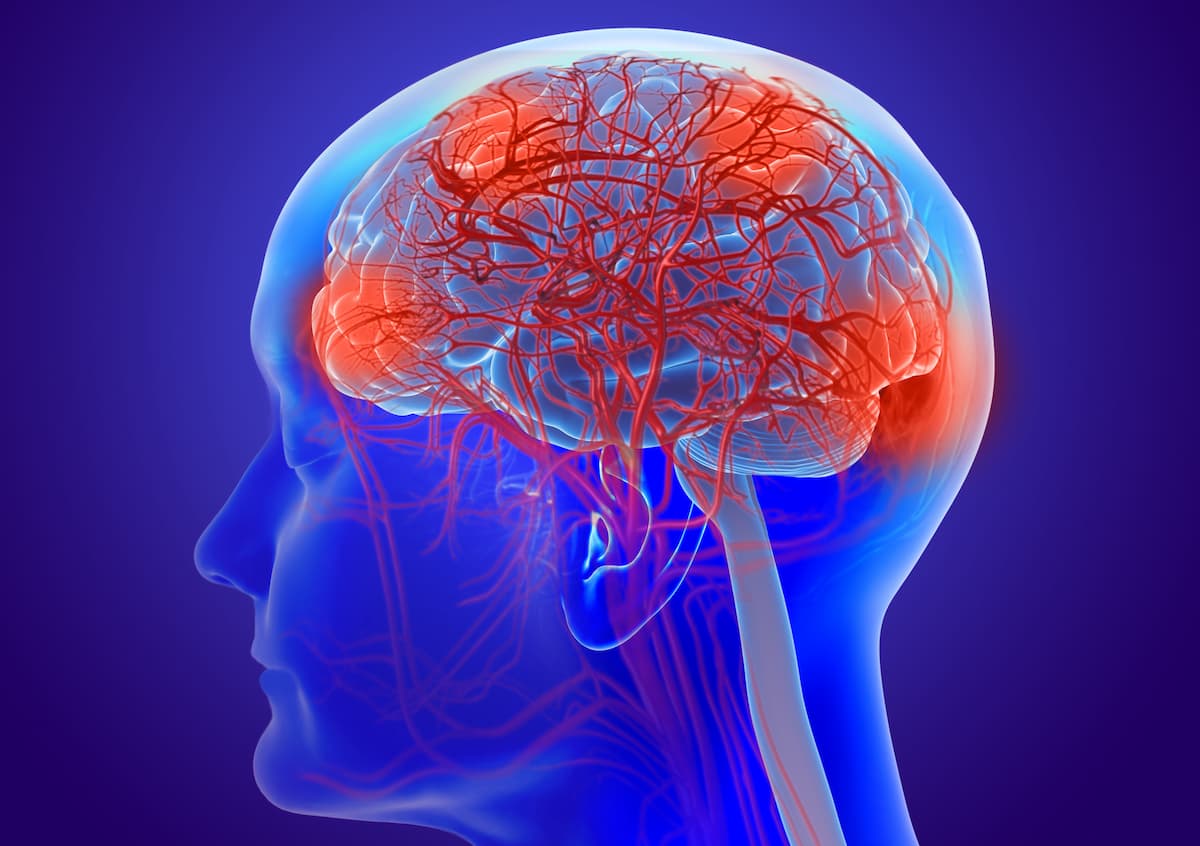FDA Grants Type C Meeting to Discuss Paxalisib Pathways in Glioblastoma
The developers of paxalisib will have a Type C meeting with the FDA to discuss its registration as treatment for newly diagnosed glioblastoma.
The developers of paxalisib will have a Type C meeting with the FDA to discuss its registration as treatment for newly diagnosed glioblastoma.

The FDA has granted a Type C meeting to developers Kazia Therapeutics regarding their lead drug paxalisib (GDC-0084), an investigational brain-penetrant inhibitor of the PI3K/mTOR pathway, for patients with newly diagnosed glioblastoma, according to a press release from the developers.1 Discussions will be held on the potential pathways to register paxalisib as a treatment for this patient population.
Findings from the phase 2/3 GBM AGILE trial (NCT03970447) may support the viability of paxalisib as a treatment option. In July 2024, developers announced prespecified secondary analysis results from GBM-AGILE showing that paxalisib meaningfully improved overall survival (OS) among patients with unmethylated glioblastoma.2 Investigators anticipate presenting full data from the trial, including outcomes related to secondary end points from the paxalisib arm, at a scientific meeting later this year.
Previous results from the GBM-AGILE clinical trial showed a boost in OS with paxalisib at 15.54 months vs 11.89 months with concurrent standard-of-care (SOC) therapy among patients with unmethylated disease.Investigators noted no new safety signals associated with paxalisib.
“We are excited to have shown a 3.8 month improvement in [OS], an approximate 33% improvement, for [patients with] newly diagnosed unmethylated [glioblastoma] compared [with] the concurrent [SOC] arm,” John Friend, MD, chief executive officer at Kazia Therapeutics, said in a press release on these data.2
Additional trials involving paxalisib in brain metastases, diffuse midline gliomas, and primary central nervous system lymphoma are currently underway and showing encouraging interim data, according to the developers.1
In 2021, preliminary findings from a phase 2 study (NCT03522298) trial showed that paxalisib yielded positive results for the drug’s safety and efficacy profile in glioblastoma compared with temozolomide (Temodar).3
The median OS was 15.7 months (95% CI, 11.1-19.1) with paxalisib across the intent-to-treat population vs a historical median of 12.7 months with temozolomide in this patient group. Additionally, the median progression-free survival (PFS) was 8.4 months (95% CI, 6.6-10.2) with paxalisib vs a historical median of 5.3 months with temozolomide. The safety profile of paxalisib in the trial was comparable with prior reports of the agent. Common agent-related toxicities included hyperglycemia, oral mucositis, and skin rash.
In stage 1 of the dose-escalation phase 2 trial, patients received an initial dose of paxalisib at 60 mg orally each day, with future dose cohorts receiving the agent at increasing levels with 15 mg steps until dose-limiting toxicity.4 In stage 2 of the trial, patients received oral paxalisib at the maximum tolerated dose until progressive disease or unacceptable toxicity.
The trial’s primary end point was dose-limiting toxicities. Secondary end points included treatment-emergent adverse effects, PFS and OS.
Prior to this, paxalisib had been granted orphan drug status by the FDA in 2018, as well as fast track status by the FDA in 2020, to operate as a first-line treatment for patients with glioblastoma with unmethylated MGMT promoter status following radiation plus temozolomide therapy.
Paxalisib also received fast track designation in July 2023 for the treatment of patients with solid tumor brain metastases that harbor PI3K pathway mutations in combination with radiation therapy. Additionally, it earned rare pediatric disease designation and orphan drug designation by the FDA for diffuse intrinsic pontine glioma in August 2020, and for atypical teratoid and rhabdoid tumors in June 2022 and July 2022, respectively.
Developers announced that changes have been made to its corporate presentation, now reporting preliminary data from the GBM AGILE clinical trial that evaluated paxalisib compared with SOC treatment.
References
- Kazia Therapeutics announces granting of type C meeting with FDA to discuss potential next steps for paxalisib in the treatment of newly diagnosed glioblastoma multiforme. News release. Kazia Therapeutics Limited. November 4, 2024. Accessed November 6, 2024. https://tinyurl.com/mr5dszvs
- Kazia Therapeutics announces phase II/III clinical trial results for paxalisib in glioblastoma. News release. Kazia Therapeutics Limited. July 10, 2024. Accessed November 6, 2024. https://tinyurl.com/24dth85b
- Kazia announces positive final data from phase II clinical study of paxalisib in newly diagnosed glioblastoma. News Release. Kazia Therapeutics Limited. December 4, 2021. Accessed November 6, 2024. https://prn.to/3Eww86j
- Safety, pharmacokinetics and efficacy of paxalisib (GDC-0084) in newly-diagnosed glioblastoma. ClinicalTrials.gov. Accessed November 6, 2024. https://tinyurl.com/4dwdcnby